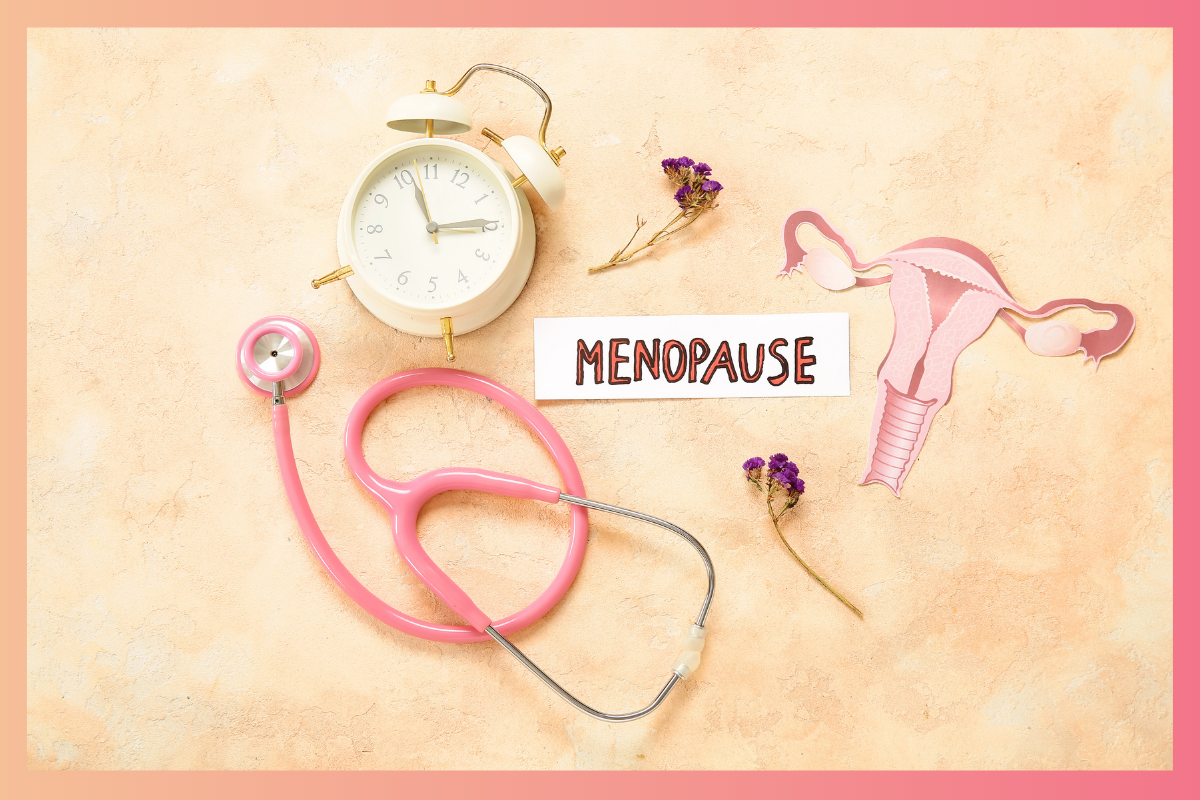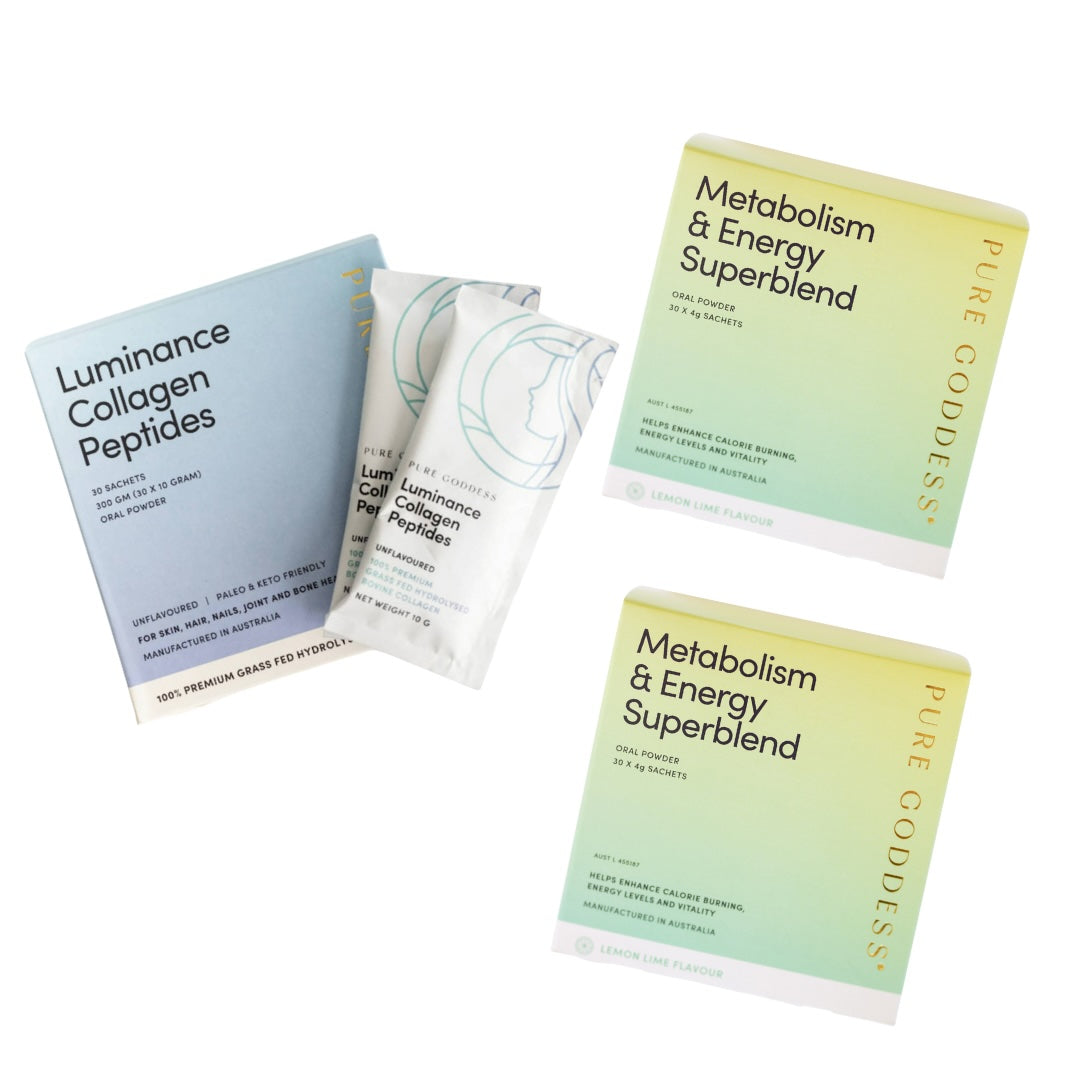
What Is Menopause? Understanding the Biological Changes
Menopause is a natural biological process that marks the end of a woman’s reproductive years. Typically occurring between the ages of 45 and 55, it brings significant hormonal changes as levels of estrogen and progesterone decline. While menopause is a universal experience, the way each woman experiences it can be vastly different, with symptoms ranging from mild to severe. Menopause is defined by the cessation of menstrual periods for 12 consecutive months.
Understanding menopause and its impact is essential for managing the transition effectively and maintaining quality of life. Behind this biological milestone lies a complex hormonal shift, which affects many aspects of physical, emotional, and mental wellbeing.
At the heart of menopause is the gradual decline in ovarian function. The ovaries produce less estrogen and progesterone, hormones vital for regulating the menstrual cycle and supporting various body functions including bone density, cardiovascular health, skin integrity, and mood regulation. With fewer hormones circulating, menstrual cycles become irregular during perimenopause and eventually stop in menopause. It’s this hormonal imbalance that gives rise to many of the symptoms women associate with menopause.
Menopause Stages: Understanding the Timeline
Menopause is a process, not a single event, commonly divided into three stages:
-
Perimenopause: The transition phase lasting up to several years before menopause. Hormone levels fluctuate, leading to early symptoms such as irregular periods, hot flushes, and mood swings. Check out our FREE Perimenopause Symptom Checker
-
Menopause: Officially occurs after 12 months without menstruation. Hormone levels are consistently low.
-
Post-menopause: The years after menopause, when symptoms may ease for many, but risks for conditions like osteoporosis and cardiovascular disease increase.
This framework helps women understand where they are in the journey and what to expect.
Menopausal symptoms vary widely but often include:
-
Hot flushes and night sweats: Sudden sensations of heat that can cause discomfort and disrupt sleep.
-
Sleep disturbances: Difficulty falling or staying asleep, often related to night sweats or anxiety.
-
Mood changes: Increased irritability, anxiety, or feelings of depression.
-
Cognitive challenges: Memory issues or ‘brain fog’ affecting concentration.
-
Vaginal dryness: Resulting in discomfort during intercourse and increased susceptibility to infections.
-
Changes in skin and hair: Reduced collagen can lead to skin dryness, wrinkles, and hair thinning.
-
Physical changes: Weight gain, joint stiffness, and decreased bone density.
The extent to which symptoms impact quality of life can differ significantly.
Why Symptom Experience Varies
Menopause symptoms are influenced by various factors including genetics, lifestyle, health status, and emotional wellbeing. For example, women with a family history of severe symptoms may experience more intense changes. High stress, smoking, poor nutrition, or sedentary lifestyle can amplify symptoms, while healthy habits can mitigate them. Understanding this variability helps women avoid one-size-fits-all expectations and fosters personalised care.
Health Implications Beyond Symptoms
The hormone decline during menopause carries longer-term health considerations. Estrogen plays a protective role in bone strength and heart health, so postmenopausal women face increased risks of osteoporosis and cardiovascular disease. Cognitive health is also an area of concern with ongoing research investigating links between menopause and dementia risk. Regular health screenings - such as bone density tests and cardiovascular evaluations become increasingly important during and after menopause.
The Emotional and Social Dimensions of Menopause
Menopause also impacts emotional health and social life. Many women report feelings of loss related to fertility and aging, shifts in identity, or societal stigma. Mood swings or depression can compound these feelings, affecting relationships and work.
Approaching Menopause with Knowledge
Education and awareness help women approach menopause with realistic expectations and proactive strategies. We have many helpful BLOG resources with heaps of information and guidance. Our best-seller Menopausal AF: The Goddess Guide to Midlife, Mojo & Metabolism, offers fun, science-backed insights into the symptoms and hormonal shifts of menopause to support informed self-care.
When to Seek Medical Advice
Some women experience symptoms severe enough to impact daily functioning. In these cases, consultation with a healthcare professional is crucial. Treatments such as Hormone Replacement Therapy (HRT) may be appropriate, alongside or in place of lifestyle approaches. Healthcare providers specialising in women’s health can guide individualised treatment plans to balance benefits and risks.
Final Thoughts
Menopause is a natural, significant life passage shaped by biological, emotional, and social factors. Understanding its stages and symptoms is the first step in reframing menopause from uncertainty or fear towards knowledge and empowerment. This transition holds challenges but also opportunities for renewal, self-care, and embracing new chapters with confidence and clarity.







Leave a comment
This site is protected by hCaptcha and the hCaptcha Privacy Policy and Terms of Service apply.